Academic Environment
|
These are the basic principles of effective learning. These principles are derived from research in a number of disciplines. They include: 1. Teacher's knowledge on the subject matter is essential to the implementation of important teaching tasks Teachers who know their subject matter thoroughly can be more effective and efficient at organizing the subject matter, connecting and subject with the students previous knowledge, finding useful analogies and examples, presenting current thinking on the subject and establish appropriate emphasis 2. Active involvement of the learner enhances learningThis requires that the learner work with and apply new materials to past knowledge and to everyday life. Some of learning methods include: discussion, practice sessions, structured exercises, team projects, and research projects 3. Interaction between teachers and students is the most important factor in student motivation and involvementThe opportunity to know a few faculty well often enhances students' intellectual commitment and provides valuable role modeling 4. Students benefit from taking responsibility for their learningThis is a believe that has stimulated active interest in self-directed learning. Students are more motivated when they take control of their own learning 5. There are many roads to learningStudents learn in different ways and vary in their abilities to perform certain tasks. Providing a variety of learning activities for a class enables individual students to choose the activity which is the most effective for them at the moment 6. Expect more and you will receive more If an educator conveys to students that he or she believes in their ability to succeed, learning is enhanced. 7. Learning is enhanced in the atmosphere of cooperationLearning is enhanced when it is perceived as a collaborative and cooperative effort between students. The opportunity to share ideas without threat of ridicule and the freedom to respond to the ideas of others increases complexity of thinking and deepens understanding 8. Material must be meaningfulIf a new material is presented in a pattern or framework that the learner can perceive, it is more readily learned and retained. New material will be more easily learned if the learner is helped to see its relationship to what he/she already knows. 9. Both teaching and learning are enhanced by descriptive feedbackThe learners' behavior will more quickly reach the objectives if they are informed (or given feedback) frequently about the correctness of their responses. Correct responses should be immediately reinforced to increase the "permanence" of learning. Feedback about progress is helpful because learning is facilitated when the learner is aware that he/she is progressing towards the goals 10. Critical feedback is only useful if the learner has alternatives to pursueThere is no use giving teachers or students feedback about their performances unless they can do something about it 11. Time plus energy equals learningStudents must learn how to organize their time so that they can find time to study 12. Experience always improves teachingExperience increases teachers' effectiveness for those teachers who obtain feedback about their teaching and who are flexible enough to modify their methods in response to the feedback 13. Student's prior knowledge can help or hinder learningStudents come into our courses with knowledge, beliefs and attitudes gained in other courses and through daily life. This helps on how they filter and interpret what they are learning. 14. How students organize knowledge influences how they learn and apply what they knowStudents naturally make connections between pieces of knowledge. When those connections form knowledge structures that are accurately and meaningfully organized, students are better able to retrieve and apply their knowledge effectively and efficiently 15. Students' motivation determines, directs, and sustains what they do to learnMotivation plays a critical role in guiding the direction, intensity, persistence and quality of the learning behaviors in which students engage. When students find positive value in a learning goal or activity, expect to successfully achieve a desired learning outcome and perceived from their environment, they are likely to be strongly motivated to learn. 16. To develop mastery, students must acquire component skills, practice integrating them, and know when to apply what they have learnedStudents must learn when and how to apply the skills and knowledge they learn, they must also practice combining and integrating them to develop- greater fluency and automaticity. 17. Goal-directed practice coupled with targeted feedback enhances the quality of students learningLearning and performance are best fostered when students engage in practice that focuses on a specify goal. Practice must be coupled with feedback that explicitly communicates about some aspects of students performance relative to specific target 18. Students current level of learning interacts with the social, economic and intellectual climate of the course to impact learningThe climate teachers create has implications for our students. A negative climate may impede learning and performance, but a positive climate can energize students learning 19. To become self-directed learners, students must learn to monitor and adjust their approaches to learning Learners may engage in a variety of met cognitive processes to monitor and control their learning-assessing the task at hand, evaluating their own strengths and weaknesses, planning their approach, applying and monitoring various strategies, and reflecting on the degree to which their current approach is working
0 Comments
Leave a Reply. |
RSS FEEDS
ARCHIVES
Archives
May 2024
CATEGORIES
Categories
All
|
We Would Love to Have You Visit Soon! |
Hours24 HR Service
|
Telephone0728 450425
|
|
8-4-4 materialsLevels
Subjects
|
cbc materialsE.C.D.E
Lower Primary
Upper Primary
Lower Secondary
Upper Secondary
|
teacher support
Other Blogs
|
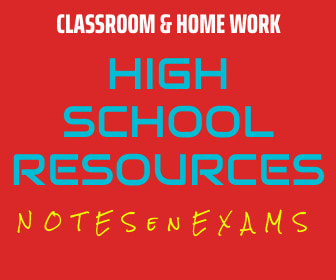
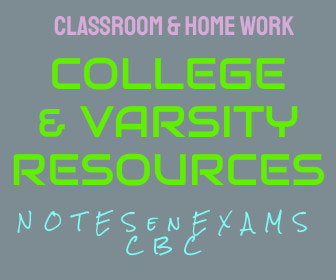
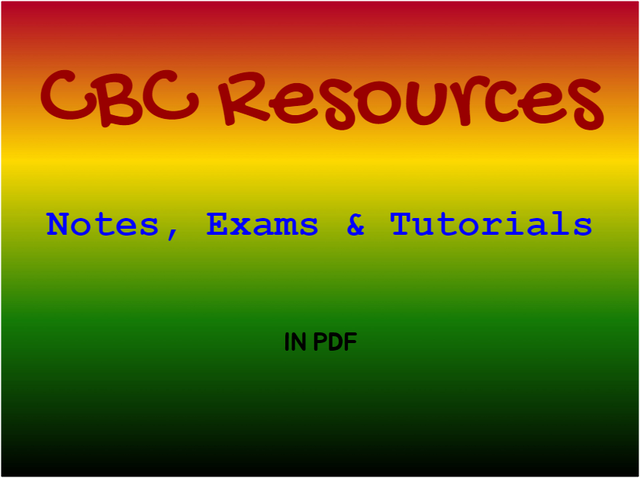
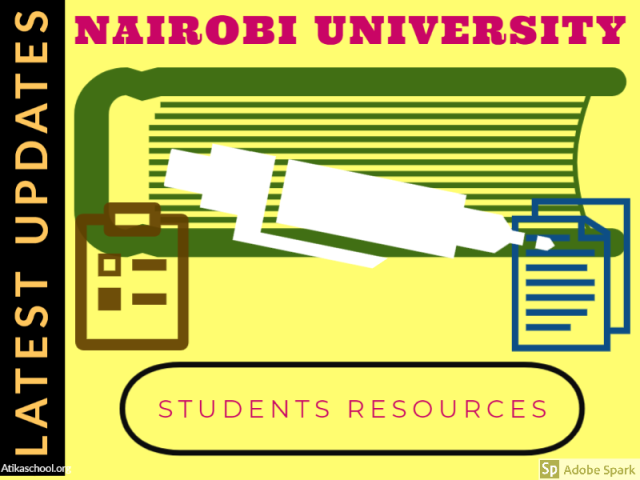
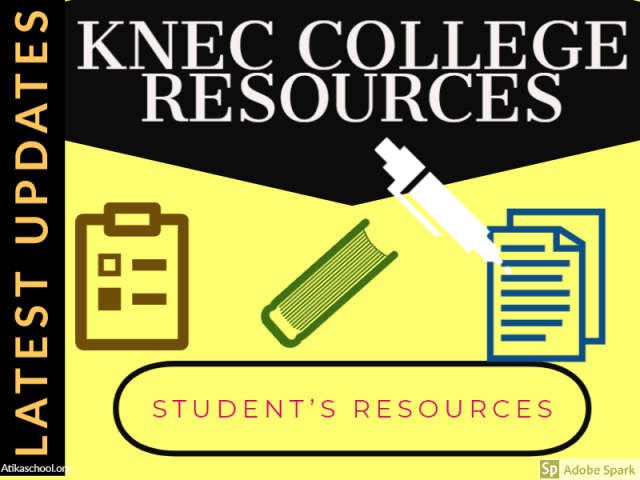
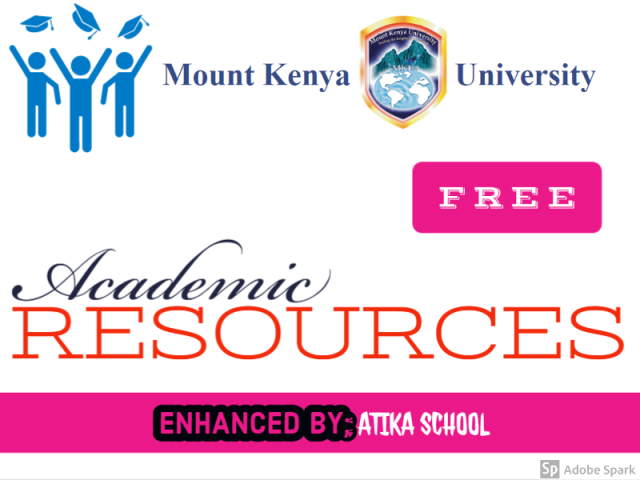

 RSS Feed
RSS Feed